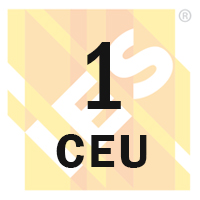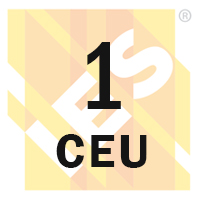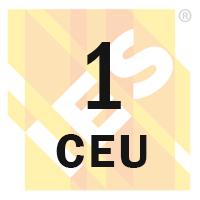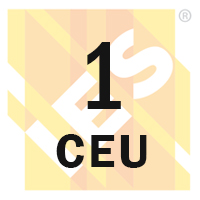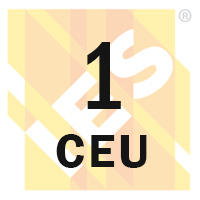
2021 IES-PNNL Webinar Series: Meeting the Moment
- Registration Closed
2021 IES-PNNL Webinar Series: Meeting the Moment
The Illuminating Engineering Society (IES), in collaboration with Pacific Northwest National Laboratory (PNNL), is pleased to offer a special five-part free webinar series, “Meeting the Moment.” Presented by PNNL experts and partners, this series will explore how future lighting systems have the potential to be more energy-efficient, flexible, and controllable, to improve our well-being and productivity, and reduce negative environmental impacts.
-
Contains 2 Component(s), Includes Credits
Now is the moment to integrate lighting with other building systems, and this webinar will discuss some recent successes and the challenges involved. It will also preview the latest from the U.S. Department of Energy’s Integrated Lighting Campaign, designed to encourage the integration of lighting and other building systems such as HVAC and plug loads, and to promote the use of innovative sensors.
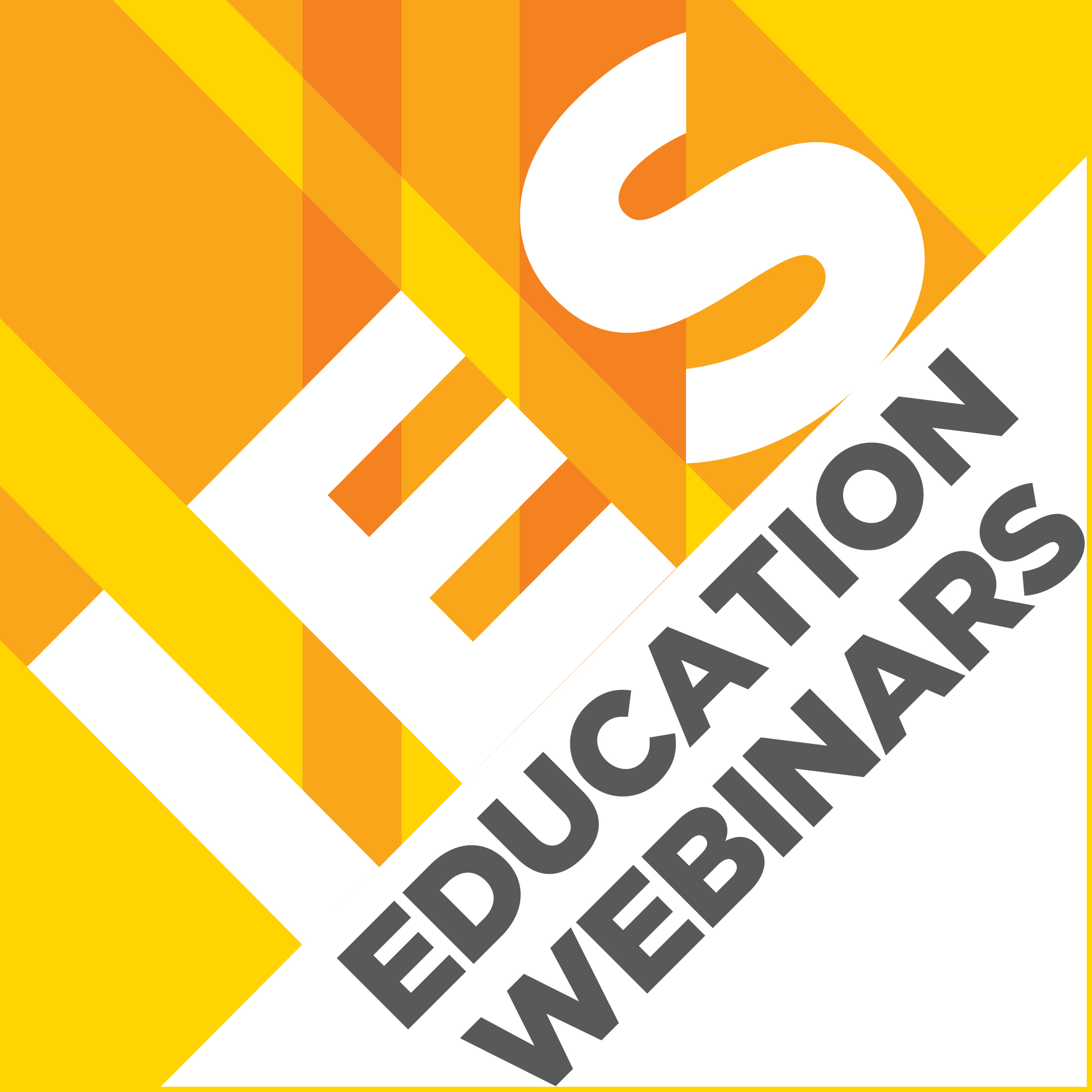
Meeting the Moment: Lighting and Integration
The IES offers Educational Webinars throughout the year, purposefully spanning a broad range of topics and speaker expertise. This was a live webinar hosted in partnership with the Department of Energy's Pacific Northwest National Lab (PNNL) and is now available as an archived webinar and CEU course.
Description: Lighting equipment and controls can do more than just provide light to the visible spectrum. Now is the moment to integrate lighting with other building systems, and this webinar will discuss some recent successes and the challenges involved. It will also preview the latest from the U.S. Department of Energy’s Integrated Lighting Campaign, designed to encourage the integration of lighting and other building systems such as HVAC and plug loads, and to promote the use of innovative sensors.

Shanna Olson
Lighting Designer
Shanna Olson leads IMEG's architectural lighting group, drawing on more than a decade of experience creating aesthetically pleasing, efficient, and in-budget lighting designs for municipal, healthcare, educational, retail, historic renovation, and commercial clients.

Michael Myer
Researcher
Michael Myer is a senior researcher at Pacific Northwest National Laboratory, where he supports U.S. Department of Energy programs including energy codes, appliance standards, and field evaluations.
-
Contains 2 Component(s), Includes Credits
This webinar will provide a holistic view of the environmental impacts of LED lighting across its full life cycle, including embodied carbon and emissions, hazardous material concerns, and depletion of resources. Attendees will learn about methods, tools, and resources they can use to develop and support a more sustainable and circular lighting economy.

Meeting the Moment: Lighting and Sustainability
The IES offers Educational Webinars throughout the year, purposefully spanning a broad range of topics and speaker expertise. This was a live webinar hosted in partnership with the Department of Energy's Pacific Northwest National Lab (PNNL) and is now available as an archived webinar and CEU course.
Description: The adoption of LED lighting has tremendous environmental benefits for its reduced energy use, yet the environmental impact of lighting extends beyond energy use – from the materials used to create a lighting product, to how a product is manufactured, operated, and maintained, to disposal or re-use at end-of-life. This webinar will provide a holistic view of the environmental impacts of LED lighting across its full life cycle, including embodied carbon and emissions, hazardous material concerns, and depletion of resources. Attendees will learn about methods, tools, and resources they can use to develop and support a more sustainable and circular lighting economy.

Gabe Arnold
Senior Engineer
PNNL
Gabe Arnold is a senior systems engineer at Pacific Northwest National Laboratory, where he supports the U.S. Department of Energy’s Lighting R&D and Commercial Buildings Integration programs in the development and deployment of emerging lighting and building technologies. In his current work he leads a research, development, and demonstration program for germicidal ultraviolet disinfection technologies and is also the technical lead for DOE’s L-Prize competition.
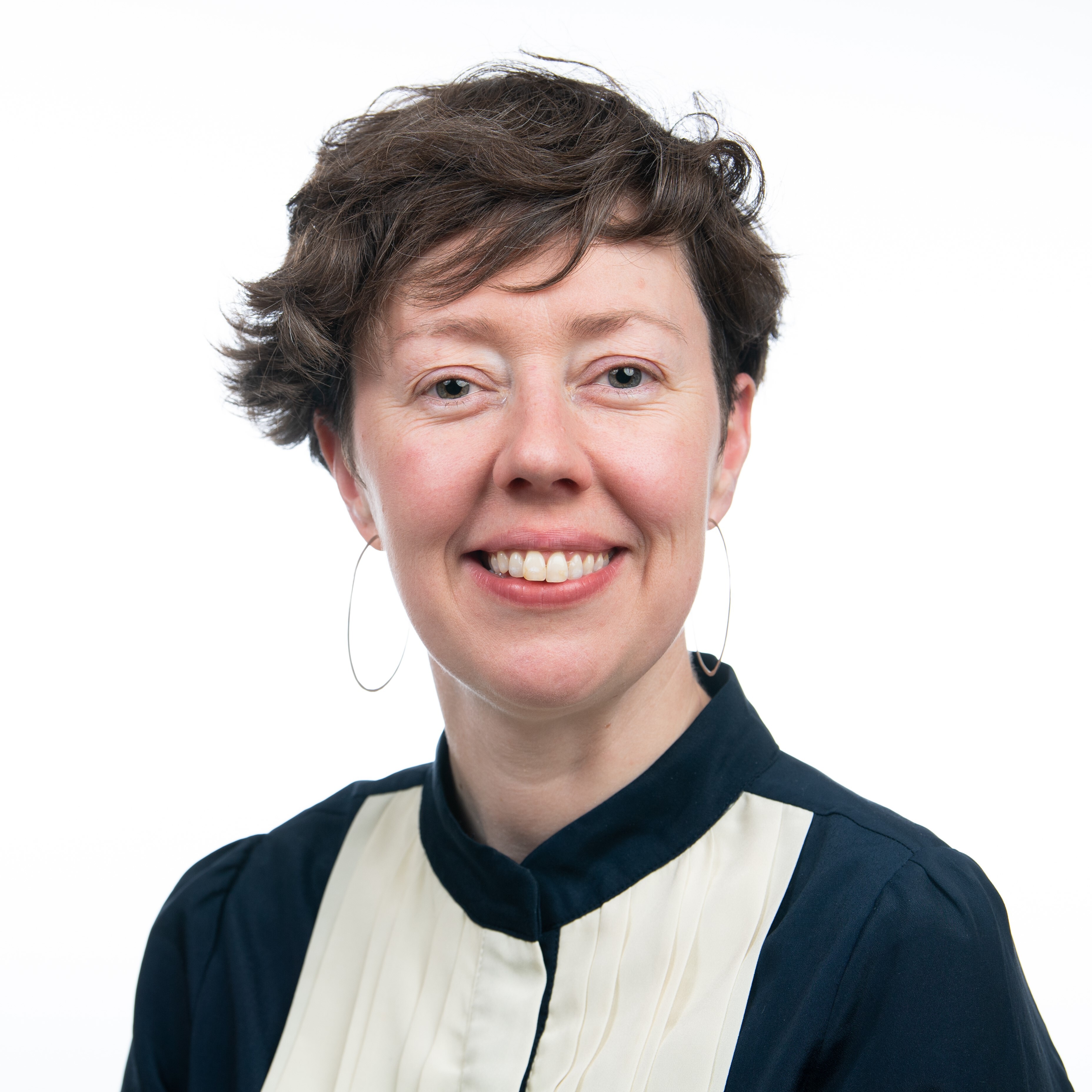
Kate Hickcox
Lighting Research Scientist
PNNL
Kate Hickcox joined Pacific Northwest National Laboratory as a lighting research scientist in 2020. She is a creative thinker in the field of lighting, with over 18 years of experience in both lighting research and lighting design. No matter which hat she’s wearing, her goals are simple – to provide equitable and universal lighting solutions that support humans and the environment.

Leela Shanker
Lighting Designer
Borealis Lighting Studio, BR+A
Leela Shanker is a New York-based lighting designer with Borealis Lighting Studio of BR+A. Through the GreenLight Alliance (GLA) - an international network of lighting professionals progressing industry-led standards, research and advocacy for circular design principles - she founded the Lighting Industry LCA Incubator. In collaboration with the IALD Lighting Industry Resource Council, manufacturers and designers from every continent are collaborating toward global harmonization of the lighting industry’s approach to Life Cycle Assessment (LCA). Her work with the AIA’s Committee on the Environment (COTE), Pacific Northwest National Laboratory and Carbon Leadership Forum New York chapter address lighting-specific issues related to Embodied Carbon and LCA. She holds Masters of Architecture (Hons) and Fine Arts - Lighting Design from Parsons School of Design and Bachelors of Law and Commerce from the University of Sydney.
-
Contains 2 Component(s), Includes Credits
The movement to design environments that promote human health and wellness has the lighting industry laser-focused on new metrics and tools that can be used to inform the design process. This webinar will provide a critical overview of factors that can affect nonvisual responses to light and discuss simulation techniques that may be implemented to account for daylight spectra and electric lighting contributions to meet different circadian lighting metrics.

Meeting the Moment: Lighting and Wellness
The IES offers Educational Webinars throughout the year, purposefully spanning a broad range of topics and speaker expertise. This was a live webinar hosted in partnership with the Department of Energy's Pacific Northwest National Lab (PNNL) and is now available as an archived webinar and CEU course.
Description: The movement to design environments that promote human health and wellness has the lighting industry laser-focused on new metrics and tools that can be used to inform the design process. This webinar will provide a critical overview of factors that can affect nonvisual responses to light and discuss simulation techniques that may be implemented to account for daylight spectra and electric lighting contributions to meet different circadian lighting metrics. It will also present a method that aims to facilitate field studies of lighting using data from wearables.

Shadab Rahman
Neuroscientist
Shadab Rahman is an associate neuroscientist in the Division of Sleep and Circadian Disorders at Brigham & Women’s Hospital and an instructor in medicine at Harvard Medical School. His primary research interest is in human circadian photobiology with the overarching goal to develop effective photobiologic countermeasures for sleep and circadian disruption. His research has provided novel insights on how light affects human physiology, which can translate to impactful changes in everyday settings such as homes and offices, healthcare facilities, and space missions.

Sarah Safranek
Lighting Research Engineer
Sarah Safranek is a lighting research engineer at Pacific Northwest National Laboratory. Her current research involves conducting lighting simulations and field evaluations of advanced lighting systems in support of the U.S. Department of Energy Lighting R&D program.
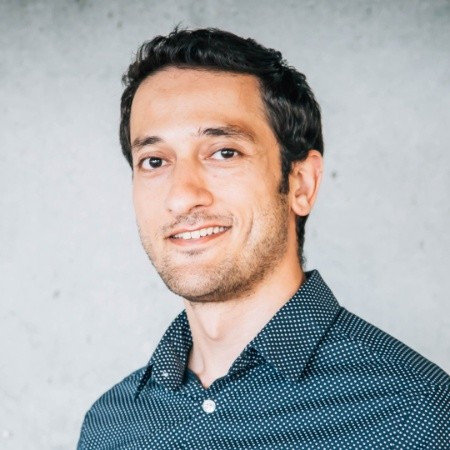
Belal Abboushi
Lighting Research Engineer
Belal Abboushi is a senior associate lighting research engineer at the Pacific Northwest National Laboratory. His research examines discomfort glare, lighting uniformity, and daylight integration. Belal is currently the principal investigator for a study that explores the use of wearable devices to assess effects of indoor environmental quality (including lighting) on occupants’ well-being.
-
Contains 2 Component(s), Includes Credits
Lighting provides value in spaces, allowing them to be functional while providing visual interest and making places more desirable. Lighting value is more than the return on investment of energy or maintenance, and this webinar will discuss new industry efforts and metrics for estimating difficult-to-quantify values related to lighting.

Meeting the Moment: Lighting and Value
The IES offers Educational Webinars throughout the year, purposefully spanning a broad range of topics and speaker expertise. This was a live webinar hosted in partnership with the Department of Energy's Pacific Northwest National Lab (PNNL) and is now available as an archived webinar and CEU course.
Description: Lighting provides value in spaces, allowing them to be functional while providing visual interest and making places more desirable. Lighting value is more than the return on investment of energy or maintenance, and this webinar will discuss new industry efforts and metrics for estimating difficult-to-quantify values related to lighting.
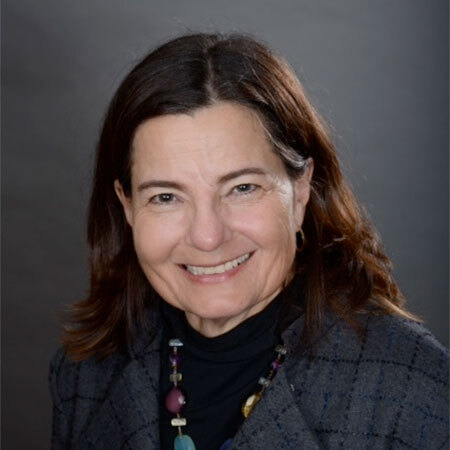
Lisa Skumatz
Economist
SERA
Lisa Skumatz is an economist with over 38 years in solid waste research. She has conducted solid waste program and policy research around the nation, and published more than 100 articles on trash, recycling, organics, and reduction strategies. Lisa is known for her quantitative analysis expertise and she focuses on research that helps inform program decision-making by communities, states, and haulers. Lisa has spoken at more than 100 conferences, and keynoted at conferences in both the US and internationally. She is on the board of Recycle Colorado and previously was Chair of the Board for the NRC and on the board of Colorado SWANA. Lisa has won two nationwide lifetime achievement awards for her work in Solid Waste.

Michael Myer
Researcher
Michael Myer is a senior researcher at Pacific Northwest National Laboratory, where he supports U.S. Department of Energy programs including energy codes, appliance standards, and field evaluations.
-
Contains 2 Component(s), Includes Credits
This webinar will examine multiple approaches to incorporating additional measures of validation, accountability, and control into the design-bid-build process, including vertical integration and digital design environments.

Meeting the Moment: Lighting and Control
The IES offers Educational Webinars throughout the year, purposefully spanning a broad range of topics and speaker expertise. This was a live webinar hosted in partnership with the Department of Energy's Pacific Northwest National Lab (PNNL) and is now available as an archived webinar and CEU course.
Description: In typical practice, lighting designers are responsible for defining design intent and specifying lighting and control technology that they believe will deliver that intent. However, designers often sacrifice control over what products actually get installed, or discover a gap between expected and actual product performance that limits their ability to control characteristics of the finished environment. This webinar will examine multiple approaches to incorporating additional measures of validation, accountability, and control into the design-bid-build process, including vertical integration and digital design environments.

Michael Poplawski
Senior Engineer
Pacific Northwest National Laboratory
Michael Poplawski is a senior engineer, principal investigator, and data-driven design team lead at Pacific Northwest National Laboratory, where he primarily supports the U.S. Department of Energy Building Technologies Office. His research efforts focus on developing digital tools and workflows and semantic models that facilitate building system integration and the use of software applications that support system configuration, operational energy management and maintenance, electric grid interaction, and other data-driven use cases.
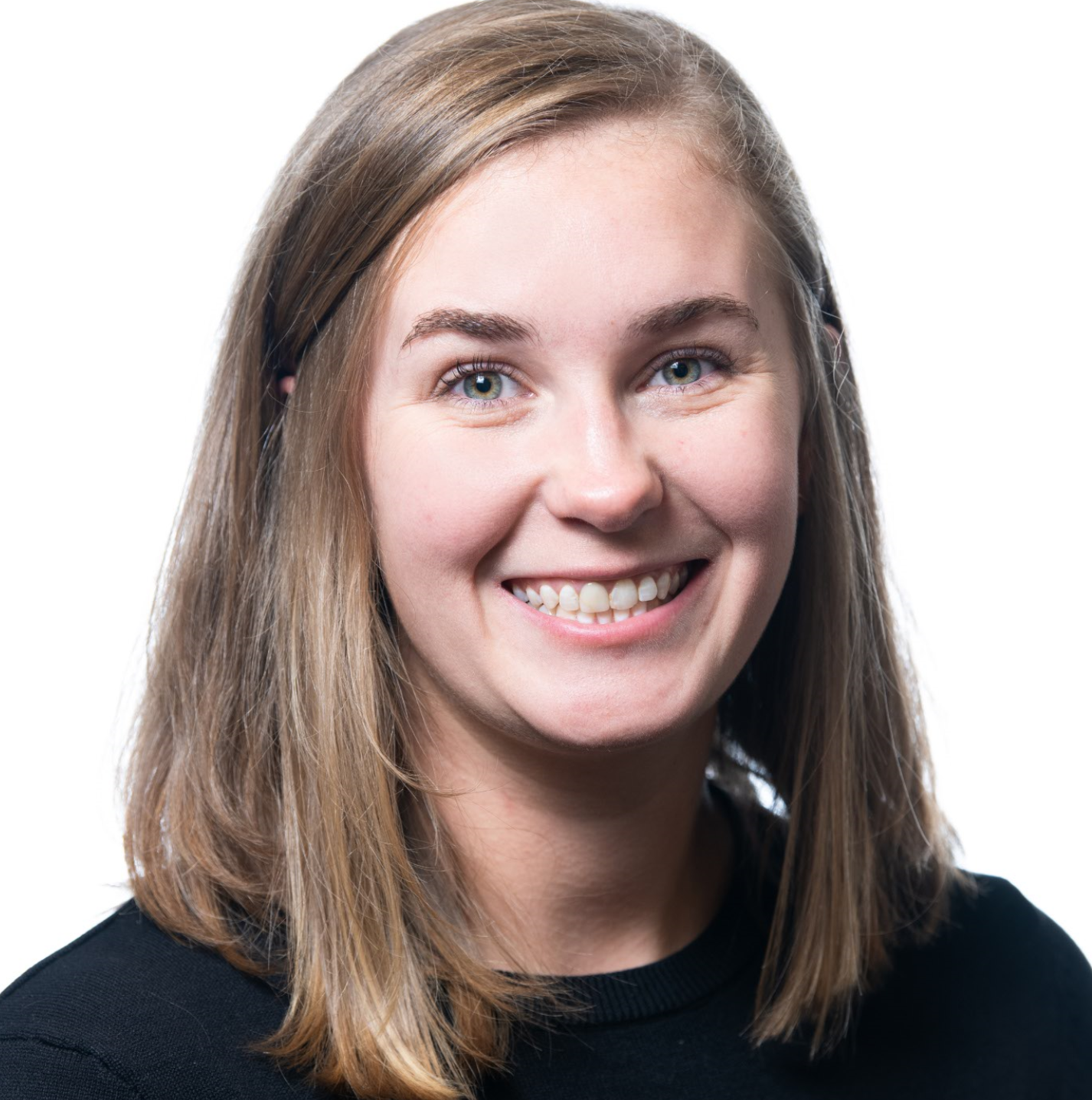
Jessica Collier
Lighting Research Engineer
Pacific Northwest National Laboratory
Jessica Collier is a senior associate lighting research engineer at Pacific Northwest National Laboratory. Prior to joining in 2019, Jessica worked as a lighting designer while completing her degrees. Her current research is focused on evaluating the application of advanced lighting systems through simulation and field projects. Jessica has a BArch from Rensselaer Polytechnic Institute and a MFA in Lighting Design from Parsons School of Design, The New School.

Star Davis
Design Consultant
Star Davis is an internationally acclaimed design consultant with a passion for process innovation. Balancing macro-level strategic thinking with strong technical capabilities, her approach is guided by a deep understanding of human perception, physics, product manufacturing, and construction methodologies.
